From jail to Aspen: Winona LaDuke headlines Wilderness Workshop benefit
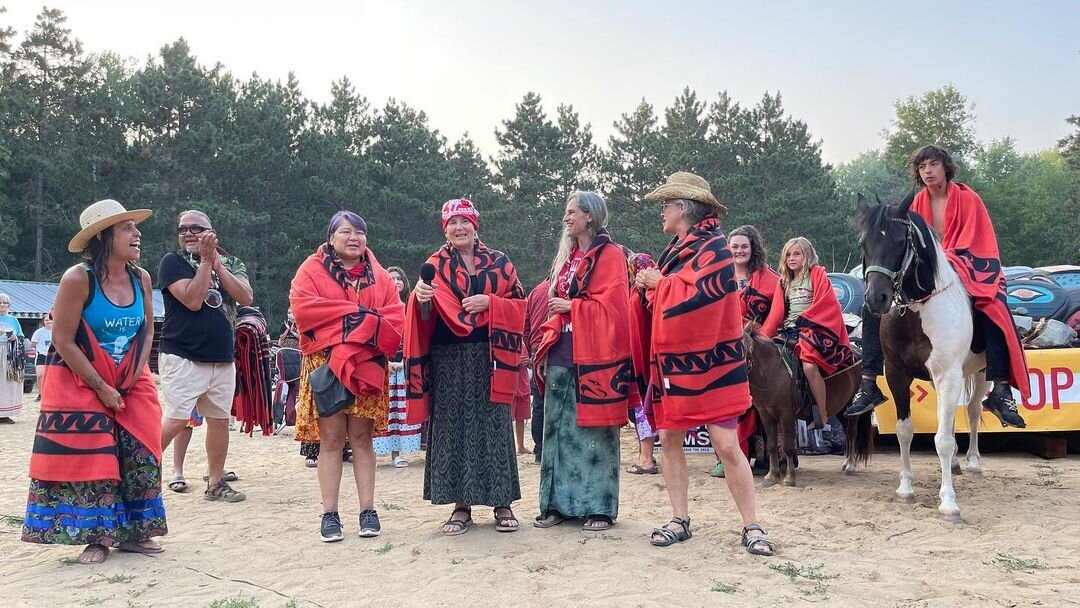
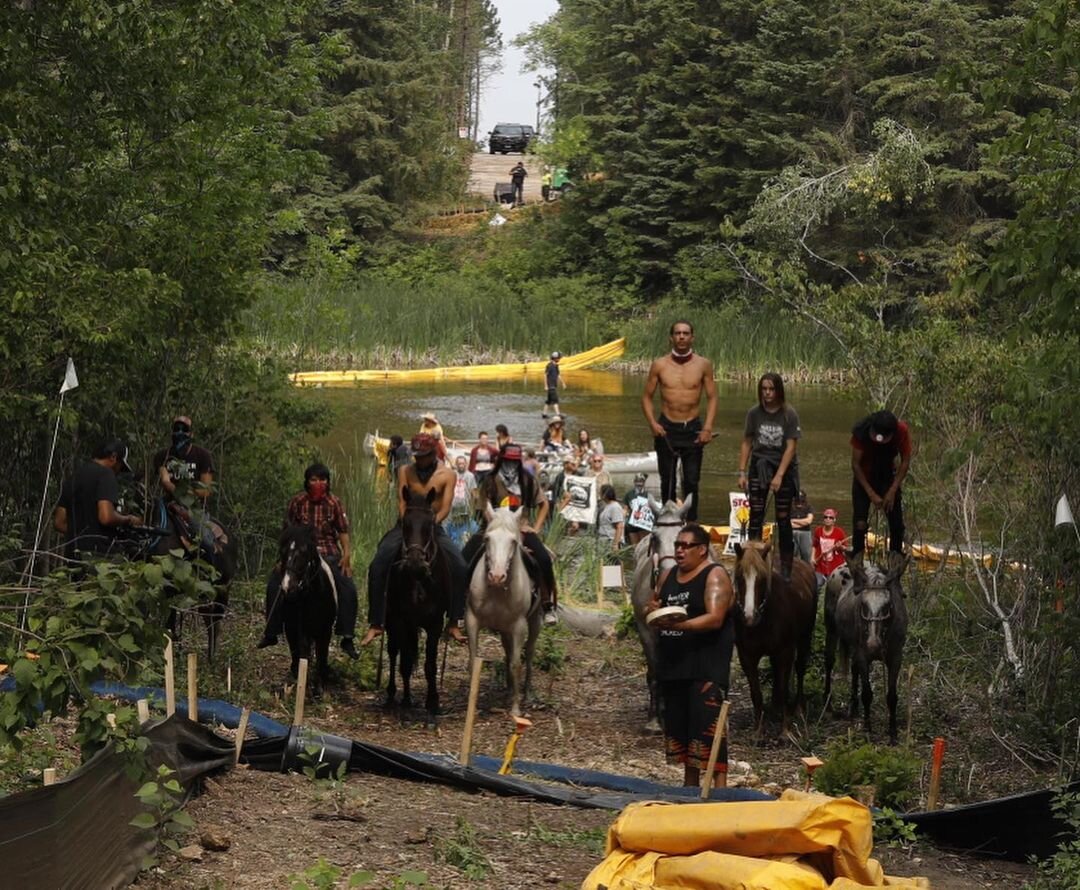
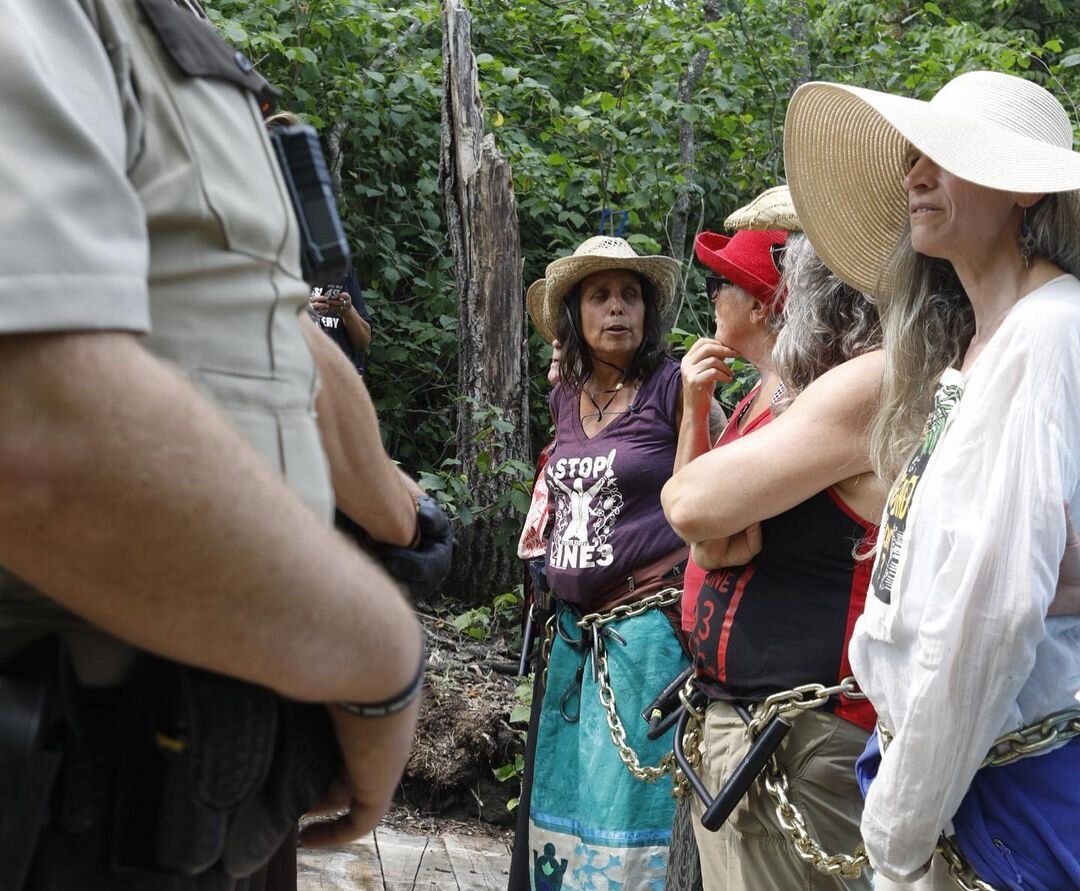
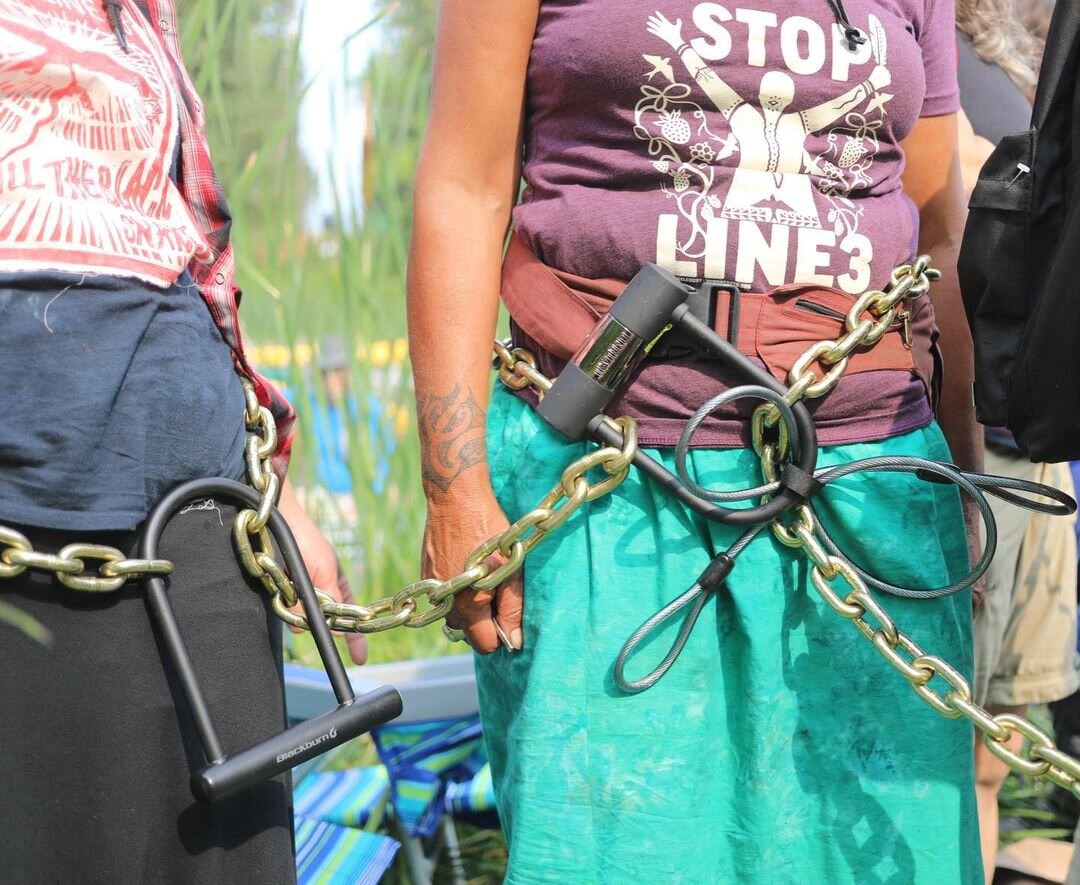
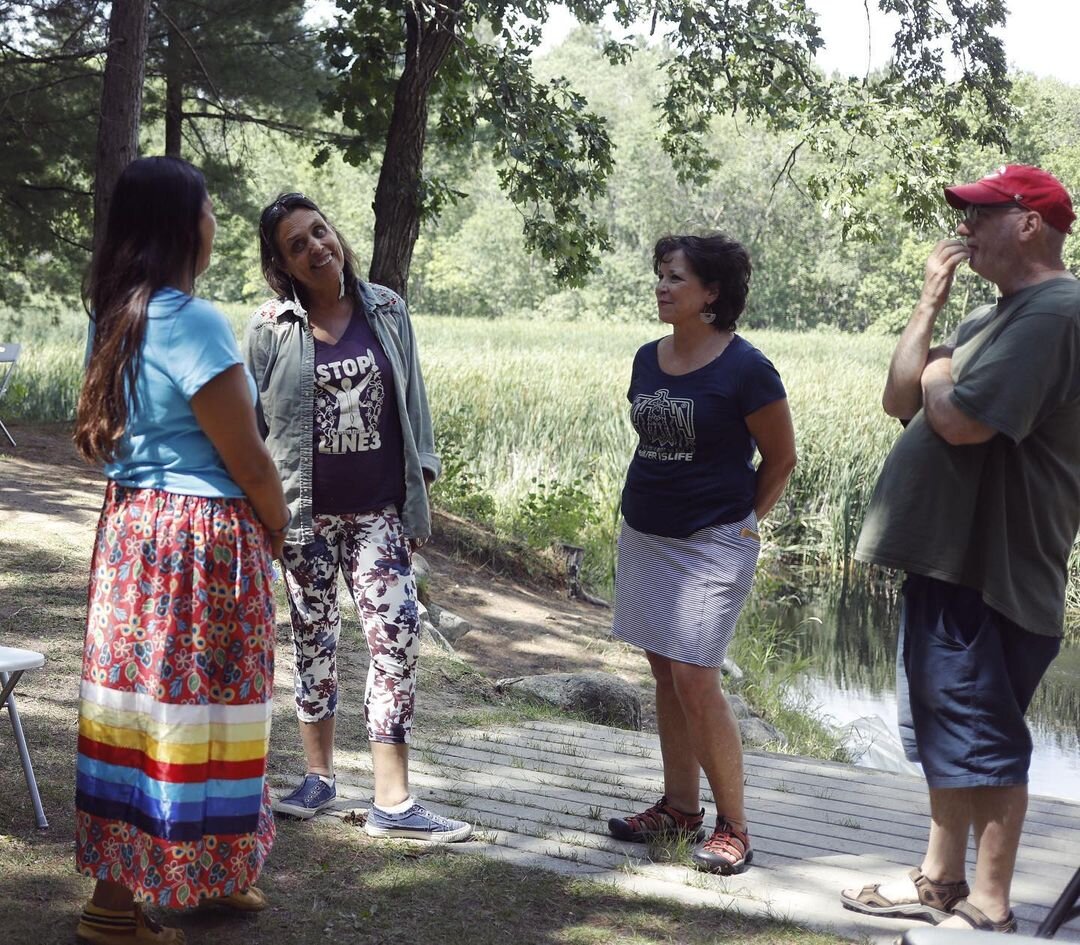
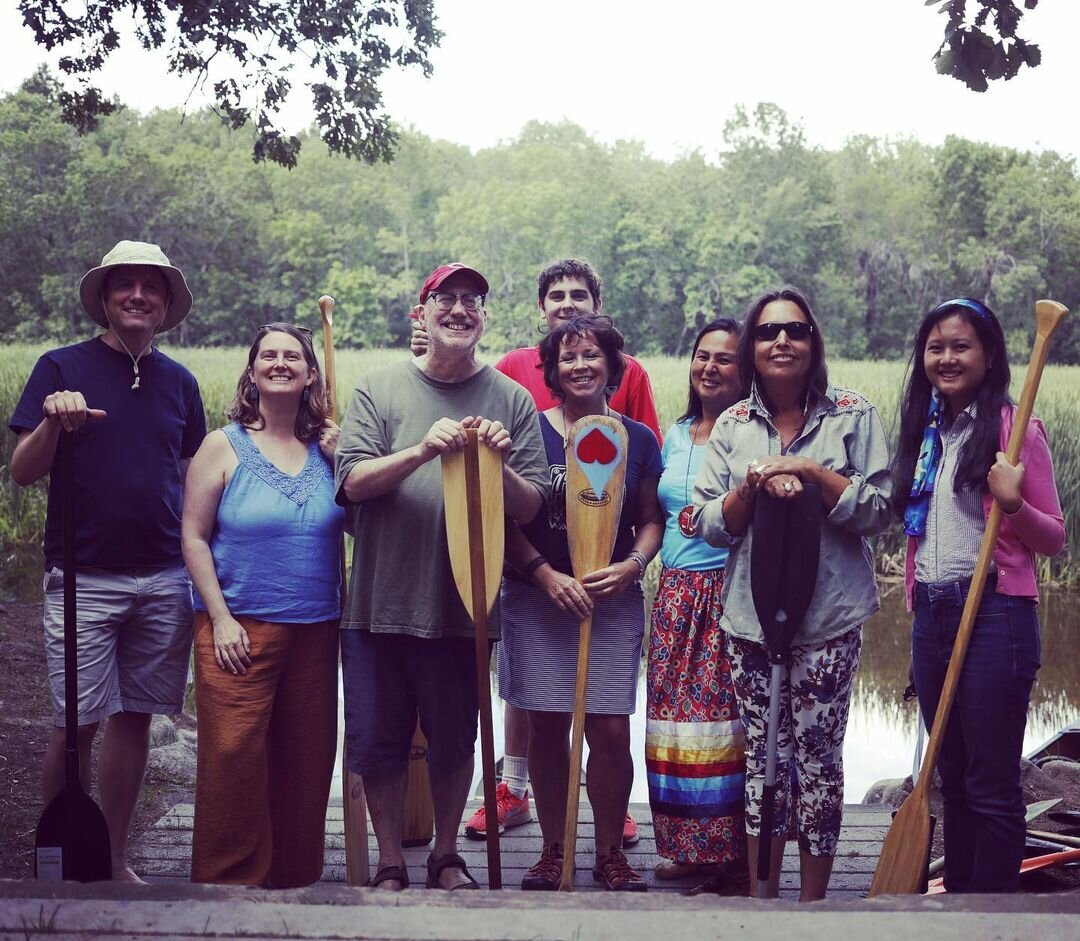
From jail to Aspen: Winona LaDuke headlines Wilderness Workshop benefit
By Christine Benedetti/Special to the Aspen Daily News | Aug 12, 2021
Photos by Keri Pickett and Flow
Less than a month ago, Winona LaDuke spent three nights in Minnesota’s Wadena County Jail on charges of trespassing. She and six other women had chained themselves together on the Shell River to protest the construction of Line 3, a pipeline connecting Alberta’s tar sands to a Lake Superior refinery.
“They didn’t really give us a lot of choices — they were censoring the news up here,” she said. “Seven hundred people have been arrested. I’m just one of many.”
LaDuke may be just one of those hundreds, but she is among the most well known: the Ojibwe tribe member is a Native rights activist who rose to national prominence as the Green Party’s vice presidential nominee, with Ralph Nader, in the 1996 and 2000 elections. She is in Aspen to speak at Wilderness Workshop’s annual benefit, Wild Feast, tonight at the Hotel Jerome.
For the majority of this decade, LaDuke, who is also executive director of Honor the Earth, has been fighting Enbridge’s Line 3 pipeline, but it’s just recently that the issue is getting more attention, as protests and construction ramp up. The 1,097-mile crude oil pipeline primarily runs through Minnesota, where its construction — 80% of which is complete — is replacing an existing 282-mile pipeline with a new 330-mile route. The route crosses more than 200 water bodies and 75 miles of wetlands, and opponents cite environmental impact, violation of U.S. treaties with Native Americans and climate change as reasons to stop its construction.
“I’ve been fighting the Enbridge pipeline for seven years of my life, ya know?” she said. “Because it’s a bad idea. It was a bad idea seven years ago. It’s a worse idea now. Through the smoke of the Canadian wildfires, I can’t even see the Enbridge trucks barreling down the road toward me.”
The pipeline was approved under the Trump administration, but LaDuke is critical of the Biden administration’s continued handling of it.
“No pipeline, no problem. I want the Biden administration to pull the permits,” she said. “They just gave away 5 billion gallons of water, the largest allocation of water in the history of the state.”
She was involved in protesting the Dakota Access Pipeline in 2016, which became an international issue. LaDuke’s grassroots activism has often led to larger movements. She says her influence is thanks to the everyday people who also engage. That community-led style directly ties to Wilderness Workshop’s mission.
“There’s a connection in terms of how some of that work happens: local communities standing up to protect the lands and water they care about and value as well,” says Will Roush, Wilderness Workshop executive director. “It’s people who know the places they live in, working to protect them. She and her colleagues put their bodies on the line, which is deeply moving. Our community has shown up in other ways to protect their places.”
Wilderness Workshop fights to protect the 2.3-million-acre White River National Forest and public lands surrounding it. Current priority issues that the nonprofit is working on include ongoing battles to stop new oil and gas leasing in the North Fork Valley; protecting the Thompson Divide from oil and gas development; working to stop the construction of a new dam in the Homestake Valley; and obtaining Wild & Scenic designation for the Crystal River to, among other threats, prevent future dam development on it.
There is a lot of “clean up” from the Trump Administration, Roush said. And, as LaDuke pointed out, environmentalists are trying to hold Biden accountable for promises he made when on the campaign trail.
There are a limited number of tickets still available for tonight’s event, but people looking to get involved can take action other ways, suggest LaDuke and Roush.
“Protect the water. Don’t commodify it, protect it,” LaDuke said. “However that happens, work with indigenous people to grow local food and resource economies, because global economies are precarious.”
To enact this, LaDuke runs a 40-acre hemp farm on the White Earth Indian Reservation, and she is adamant that the future lies in renewable resources.
Roush says people can engage with Wilderness Workshop by participating in any of its summer events, including restoration projects and educational hikes, or by signing up for its email list where the organization frequently sends out calls to action.
“She’s an inspiration to me and to a lot of folks — just to think about someone who’s dedicated their whole life to protecting lands and waters in a holistic manner, from fighting big battles to protecting ancestral lands and water, to agriculture and building community within her tribe,” he said. “It’s amazing to see someone so dedicated in such a comprehensive way.”
